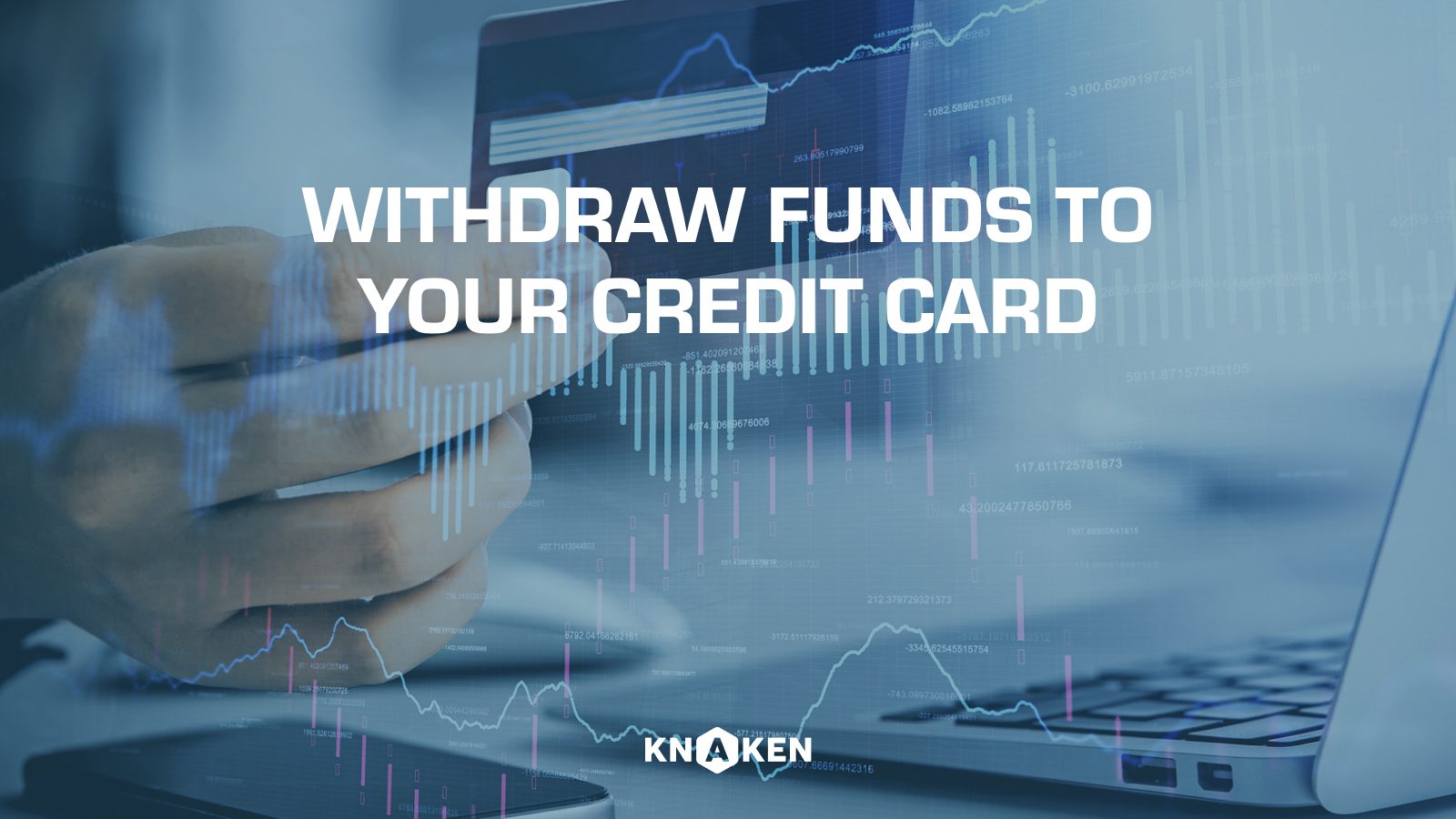Halving is a significant event in the world of cryptocurrency that impacts the blockchain network, miner rewards, and the overall economy of the digital asset. This event occurs at predetermined intervals and serves to regulate the issuance of new coins, controlling supply over time. The concept of halving is particularly well-known in relation to Bitcoin, the first and most prominent cryptocurrency.
Halving refers to the process where the reward for mining new blocks on a blockchain is cut in half. This event typically occurs after a specific number of blocks have been mined. The primary purpose of halving is to manage inflation and ensure that the supply of the cryptocurrency adheres to a fixed schedule.
In Proof-of-Work cryptocurrencies like Bitcoin, miners validate transactions and create new blocks in exchange for rewards. When halving occurs:
Halving events are essential for several reasons:
The most notable halving events occurred in Bitcoin, but other cryptocurrencies have adapted similar mechanisms. Some key examples include:
As cryptocurrencies continue to evolve, halving remains an essential feature in many blockchain networks. Future halving events for Bitcoin are expected to occur approximately every four years based on block rewards, with the next one anticipated to happen around 2024. The economic implications of these events will likely continue to shape the cryptocurrency market and influence investor behavior.
In summary, halving is a fundamental mechanism used in cryptocurrencies to control supply, manage inflation, and influence market dynamics. Understanding halving is crucial for investors, miners, and anyone interested in the long-term potential of cryptocurrencies. As the digital currency landscape changes, the impact of halving will remain a topic of interest and analysis in the crypto community.



Knaken Cryptohandel B.V. has applied for a MiCA license from the Netherlands Authority for the Financial Markets (AFM). This application is currently being assessed by the AFM.
Investing in crypto-related products involves significant risks.















